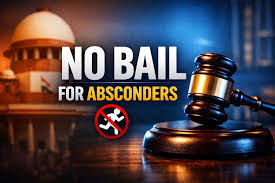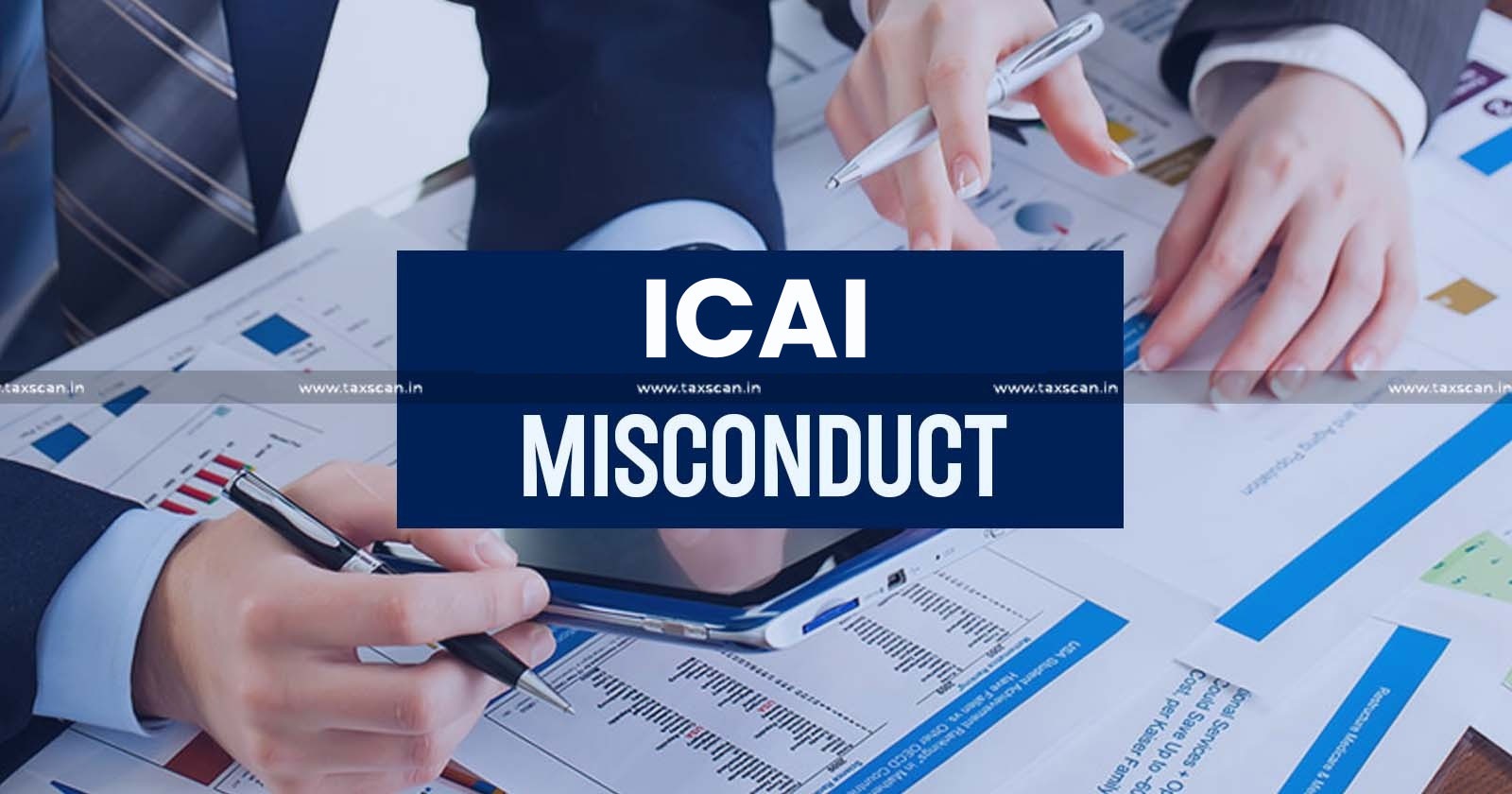In pursuance of the direction issued by this court in I.T.C. No. 61 of 1981, the Income Tax Appellate Tribunal, Chandigarh Bench, Chandigarh (hereinafter referred to as, the "Tribunal"), referred the following question of law for the opinion of this court:
"Whether, on the facts and in the circumstances of the case, the Tribunal was right in law in affirming the order of the Appellate Assistant Commissioner annulling the reassessment proceedings?"
2. The assessee is an individual and derives income from house property etc. For the assessment year 1971-72, the assessee filed a return on 30-10-1971, declaring an income of Rs. 10,470. He filed a revised return on March 29, 1974, at an income of Rs. 10,410. By an order dated 18-3-1975, passed u/s 143(3) of the Income Tax Act, 1961 (hereinafter referred to as, "the Act"), the Income Tax Officer, AWard, Ambala (hereinafter described as "the assessing officer"), made assessment on a total income of Rs. 10,745. he gave the following footnote in the assessment order:
"Valuer''s certificate show cost of construction at Rs. 3,18,300. This case was referred to the Government Valuer. Report has not been received. The case being barred by limitation, I am, therefore, completing the assessment. Action u/s 148 will be taken if called for on receipt of valuer''s report."
3. After about six months, the assessing officer issued a notice u/s 148 of the Act proposing to revise the assessment on the ground that there was wide variation in the cost of construction shown by the assessee in relation to the commercial building constructed by him along with his brother, Shri Vidya Sagar at Chandigarh. He observed that the assessee had shown the cost of the building to be Rs. 3,10,397 whereas the departmental Valuation Officer, Chandigarh had valued the property at Rs. 5,85,000. The assessee filed a reply to contest the notice. The assessing officer referred the case to the Inspecting Assistant Commissioner u/s 144B of the Act proposing an addition of Rs. 1,37,301 as unexplained investment being one-half share of the difference in the cost of construction as estimated by the departmental Valuation Officer and as shown by the assessee. After hearing the assessee and going through the records, the Inspecting Assistant Commissioner directed the assessing officer to reduce the proposed addition by Rs. 27,550.
4. The reopened assessment was completed on 7-3-1977, u/s 143(3) read with section 148 of the Act at a total income of Rs. 1,20,500. On appeal, the Appellate Assistant Commissioner annulled the order of reassessment by holding that the assessing officer did not have the jurisdiction to reopen the assessment by invoking section 147 of the Act. However, he sustained an addition of Rs. 1,06,097 by observing that the cost of construction of the building was Rs. 4,16,494 as against Rs. 3,10,397 declared by the assessee. The Appellate Assistant Commissioner then held that the building was constructed in the assessment years 1969-70, 1970-71 and 1971-72 and, therefore, the addition should be spread over in all the three years. Accordingly, he declared that the assessee''s share in the cost of construction would come to Rs. 19,000 only for the assessment year 1971-72 and, as such, the addition made by the assessing officer was liable to be reduced by Rs. 90,751.
5. The revenue as well as the assessee filed appeals against the order of the Appellate Assistant Commissioner. By an order dated 15-12-1979, the Tribunal dismissed the appeal filed by the revenue on the merits and dismissed the appeal filed by the assessee as infructuous.
6. Shri Rajesh Bindal, learned counsel for the revenue, relied on the judgment of this court in
7. Shri Akshay Bhan, learned counsel for the assessee, relied on the judgment of the Supreme Court in
8. We have given serious thought to the respective arguments and carefully persued the record. It is settled law that an Income Tax Officer acquires jurisdiction to reopen an assessment u/s 147(a) read with section 148 of the Act only if, on the basis of specific, reliance and relevant information coming to his possession subsequently, he has reasons, which he must record, to believe that, by reason of omission or failure on the part of the assessee to make a true and full disclosure of all material facts necessary for his assessment during the concluded assessment proceedings, any part of his income, profits or gains, chargeable to Income Tax has escaped assessment. The mere change of opinion in regard to the particular state of facts cannot be made the basis for initiation of action u/s 147(a) of the Act.
9. In
10. In
"......in assuming jurisdiction u/s 147(a), the Income Tax Officer did not have any prima facie ground for thinking that there had been any non-disclosure of material facts. The primary facts regarding the construction of the house had been disclosed by the assessee and it was for the Income Tax Officer to investigate into facts and find out whether the cost of construction as disclosed was correct or not. In any event, valuation was always a question of opinion and unless there was a clear finding on the basis of the material that the assessee had invested in the construction more than what had been shown by her in the course of assessment proceedings, the Income Tax Officer could not proceed merely on the basis of the valuation report of the departmental valuer."
11. A similar view has been expressed by the Madhya Pradesh High Court in
12. We may now revert to the case in hand. A reading of the reassessment order passed by the assessing officer shows that he had issued show-cause notice to the assessee u/s 147 of the Act solely on the basis of the departmental Valuer''s report. He opined that the cost of construction projected by the assessee and his brother was not correct and in the absence of any plusible explanation for wide variation in the projected cost of construction and the report of the departmental Valuation Officer, it was appropriate to take action u/s 147 read with section 148 of the Act. The Appellate Assistant Commissioner referred to the order passed by him in the case of Vidya Sagar and held that the assessing officer did not have the jurisdiction to reopen the assessment u/s 147 of the Act. The Tribunal relied on the judgment of the Supreme Court in
"In so far as the word ''information'' means instruction of knowledge concerning facts or particulars, there is little difficulty. By its inherent nature, a fact has concrete existence. It influences the determination of an issue by the mere circumstance of its relevance. It requires no further authority to make it significant. Its quintessential value lies in its definitive vitality.
13. In the light of these observations, it cannot be stated that the Income Tax Officer had received any fresh information after the completion of the original assessments, in the present case. The report of the Valuation Officer received on 19-3-1975, was only an estimate, as rightly pointed out by learned counsel as against the original estimate by the Income Tax Officer in annexure W to his letter dated 21-3-1974. It did not have any higher evidentiary value to constitute fresh and new information within the meaning of section 147(b) of the Act. The decision of the Calcutta High Court in the case of
14. The Full Bench decision of the Punjab and Haryana High Court in
15. In our opinion, the view taken by the Tribunal that the assessing officer did not have the jurisdiction to initiate proceedings u/s 147 of the Act is correct and the question referred by it in pursuance of the direction given by this court deserves to be answered against the revenue.
16. Before concluding, we may refer to the judgment of this court in
"That even though the report of the departmental Valuation Officer cannot be made the sole basis for initiating action u/s 147 read with section 148, it can certainly be considered with other facts for forming the belief that the income of the assessee had escaped assessment. After having got information about the loan obtained by the petitioner-firm from the Haryana Financial Corporation, the Assistant Director called upon G to furnish details and the source of investment on assets pledged with the HFC. A detailed investigation was made into the valuation of the land and building of the nursing home. The Assistant Director then issued notices to G u/s 147, who responded to the same by asserting that the building did not belong to him. The Assistant Director accepted his version and filed the notice. Simultaneously, the Assistant Director issued the notices to the petitioner- firm. The Assistant Director took into consideration the report of the departmental Valuation Officer and the fact that the petitioner-firm had not offered any explanation about the difference in the valuation projected by it and the report of the departmental Valuation Officer and further that the Income Tax returns had not been filed for the years 1993-94 and 1994-95, and formed the belief that it was a case of escaped assessment. The reassessment notices were valid."
17. The aforementioned judgment is clearly distinguishable because the issue raised therein centred around the assessee''s challenge to the show-cause notice and this court found that the show-cause notice was based not only on the departmental Valuation Report but other relevant factors which enabled the competent authority to believe that the income of the assessee had escaped assessment. However as mentioned above, in the present case, the proceedings were initiated solely because the assessing officer changed his opinion on the issue of valuation of the construction.
18. In the result, the question referred by the Tribunal is answered in favour of the assessee and against the revenue.

